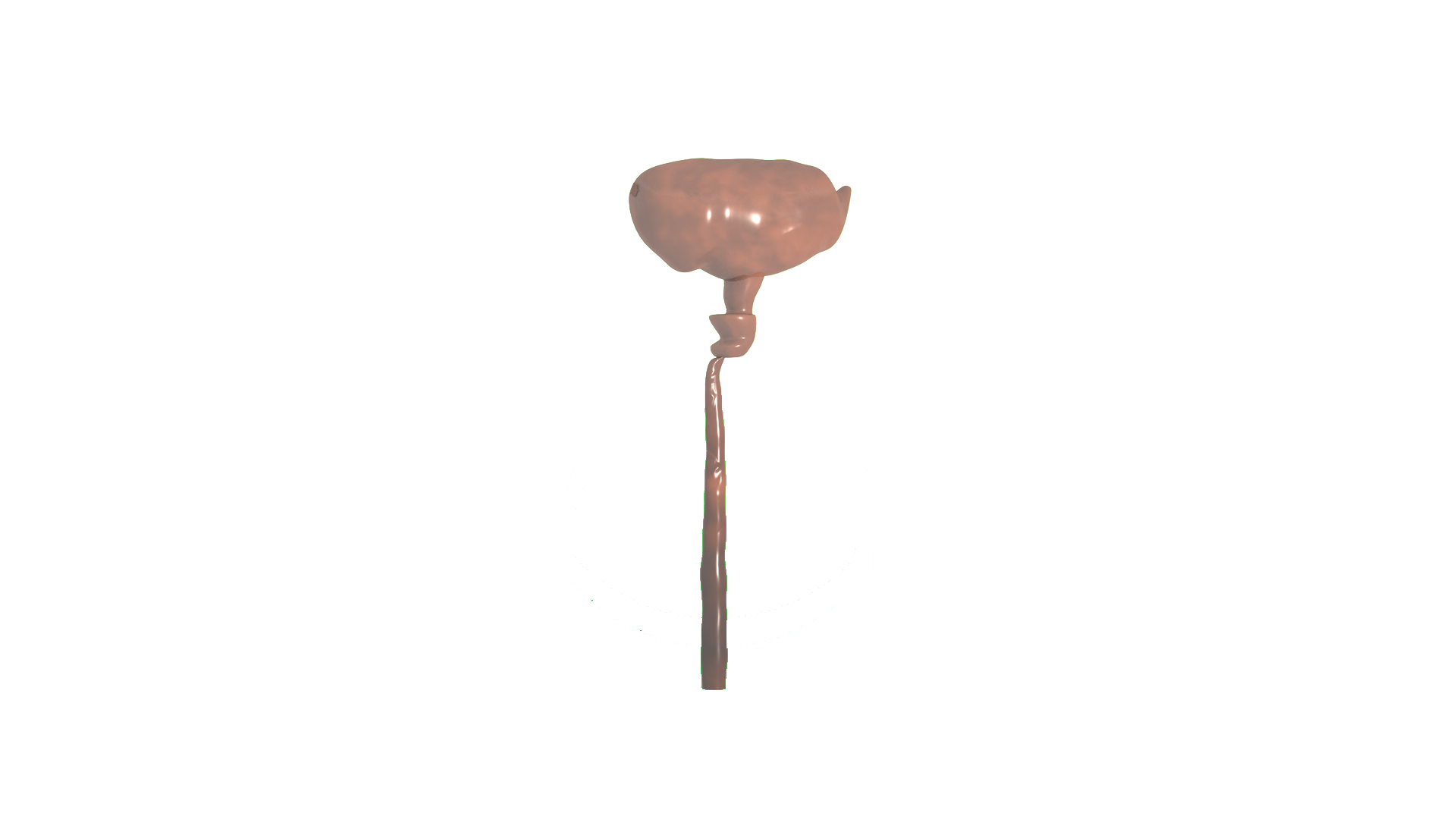James v Birnmann
Designing a Never-ending Legal Drama, in a World Where Judges are No Longer Human
Designing a Never-ending Legal Drama, in a World Where Judges are No Longer Human
Exhibited at the RCA School of Architecture Graduate Show 2021 and RCA online exhibition
Published in Experimental Realism Design Fictions and Futures [RIBA 2022]
Published by Design Research Society and presented at the DRS conference in Bilbao [2022]
To be published by Cambridge University Press in ‘Legal Design: Dignifying People in Legal Systems’ Kim, Jackson, Sievert [2023]
James v Birnmann depicts a never ending legal drama, situated in a future where law is controlled by AI. The continual trial acts as a sinister mixture of entertainment and social pacifier, for a legal system increasingly detached from human control or values. As purely symbolic vestiture, the performance is separate from the functioning of the legal system. Following in a common law tradition, the trial is based on precedent of past ‘real’ trials and ‘fictional’ legal dramas - it is an amalgamation of our perception of law.
In 1932, the legal realist philosopher Jerome Frank asked ‘Are Judges Human?’ - considering their claims to objectivity through courtroom performance and ritual. However, what would happen if judges really were not human, but instead Artificial Intelligences?
Law is a fertile sector for AI, with the growing industry of Law Tech already capitalising on this potential. Within this concealed algorithmic legal decision making, biases - usually along racial and socioeconomic lines – proliferate unchecked. Considering a future where the legal system is maintained by AI, courtroom trials will no longer be necessary, decisions will be made instantaneously through algorithms, the mechanisms of law will be invisible, and the subjective biases acknowledged but hidden. So, the performance of law will have to remain, to foster trust and validate the system.
